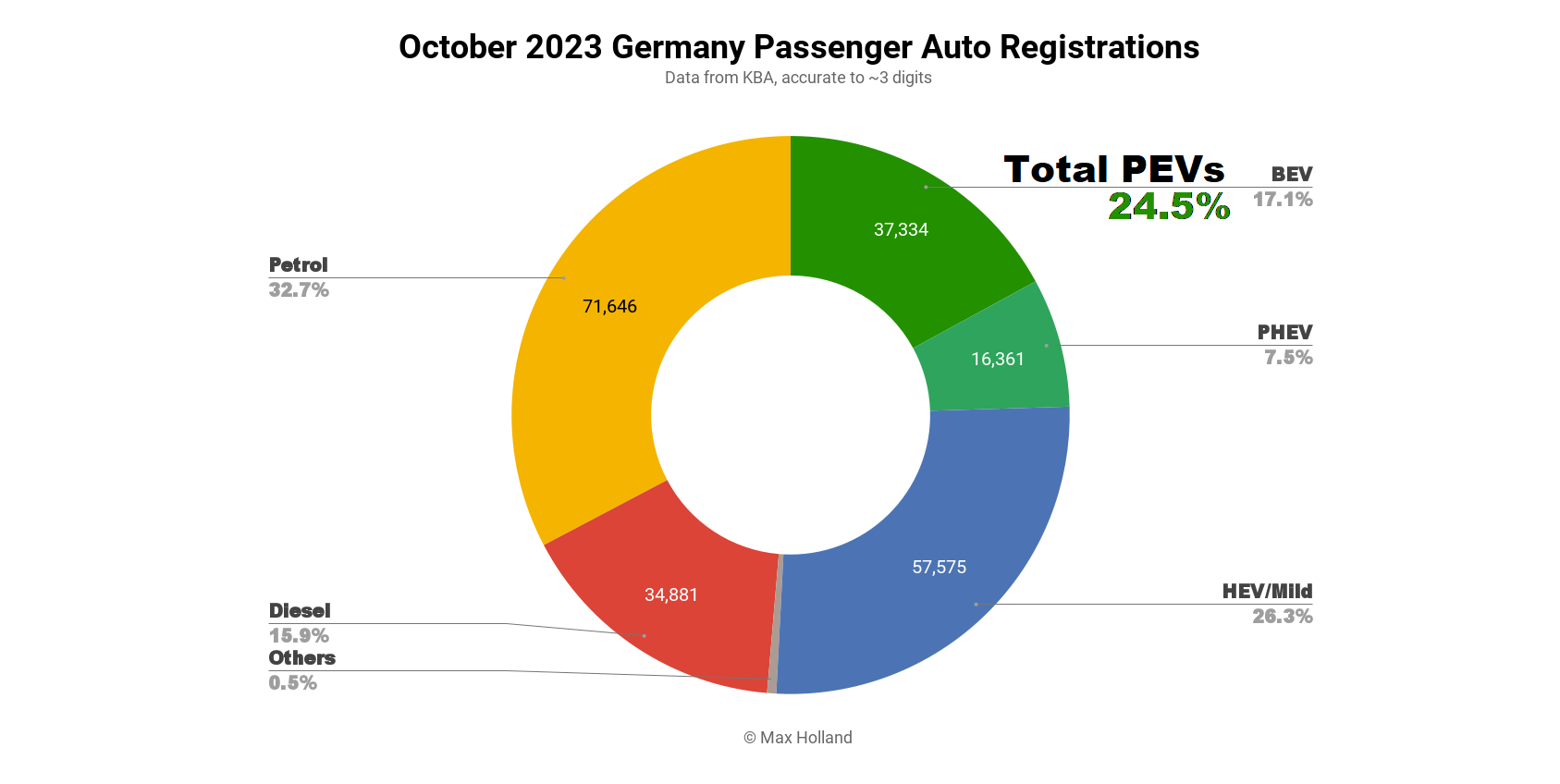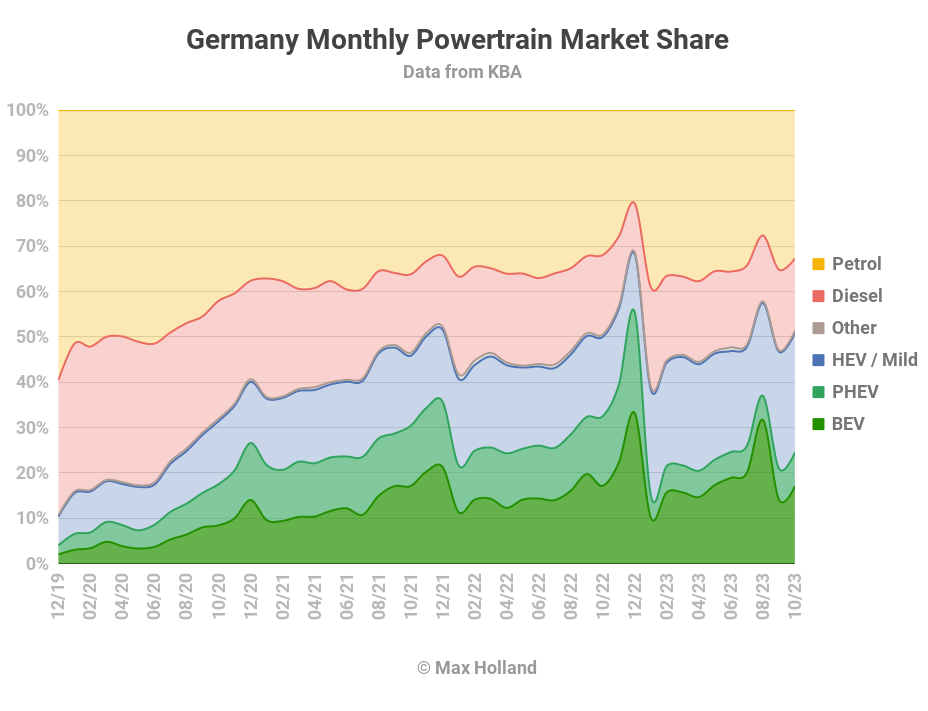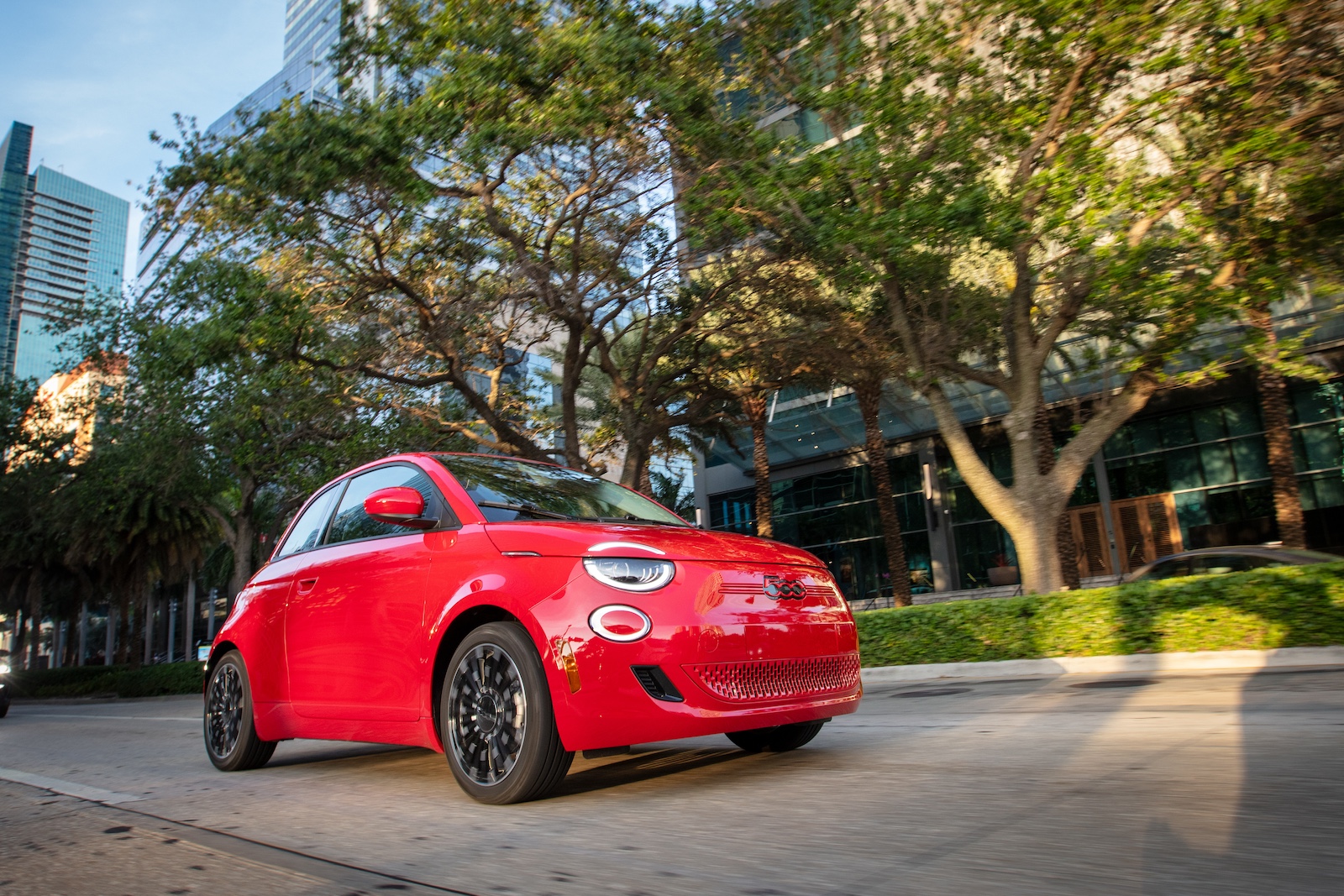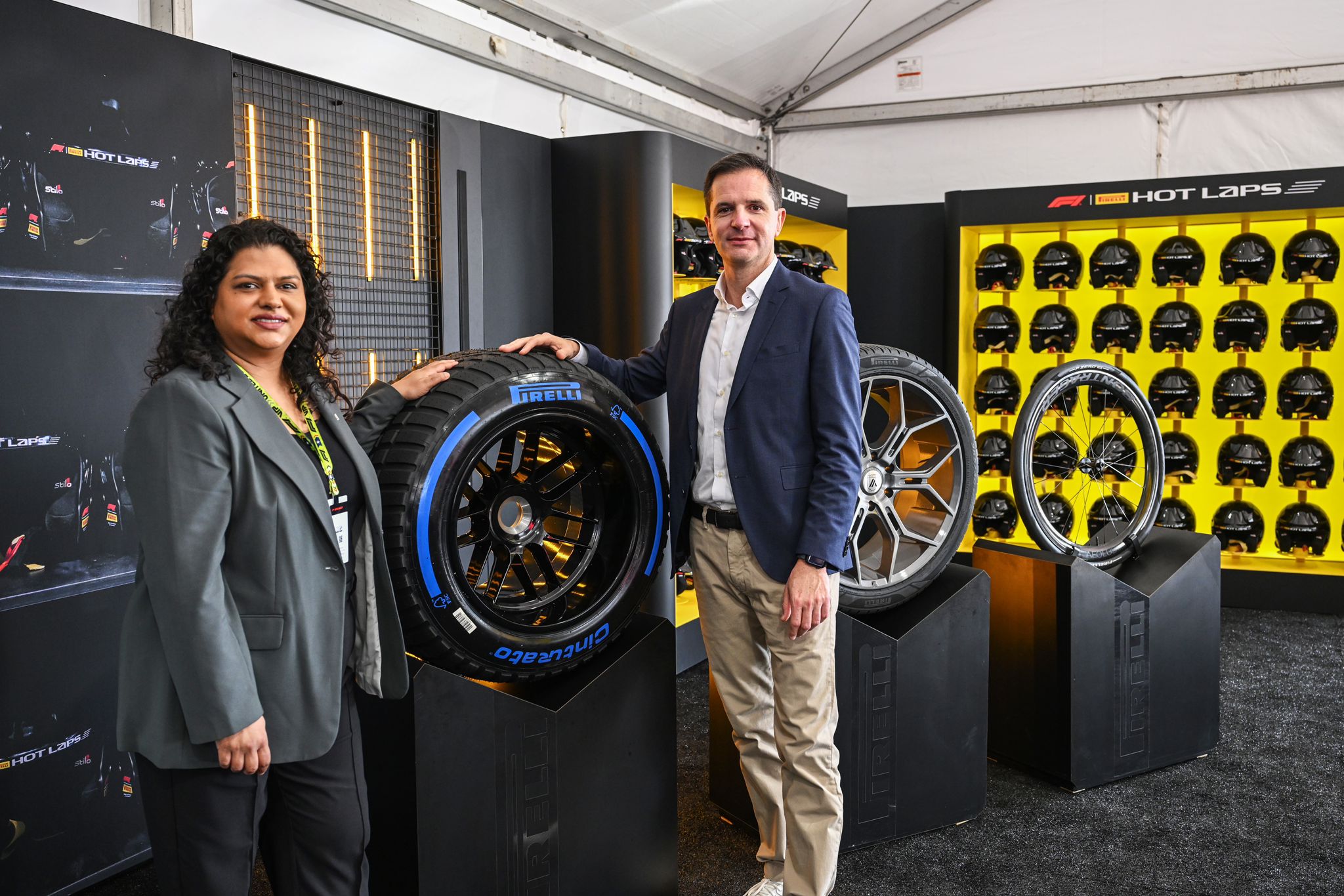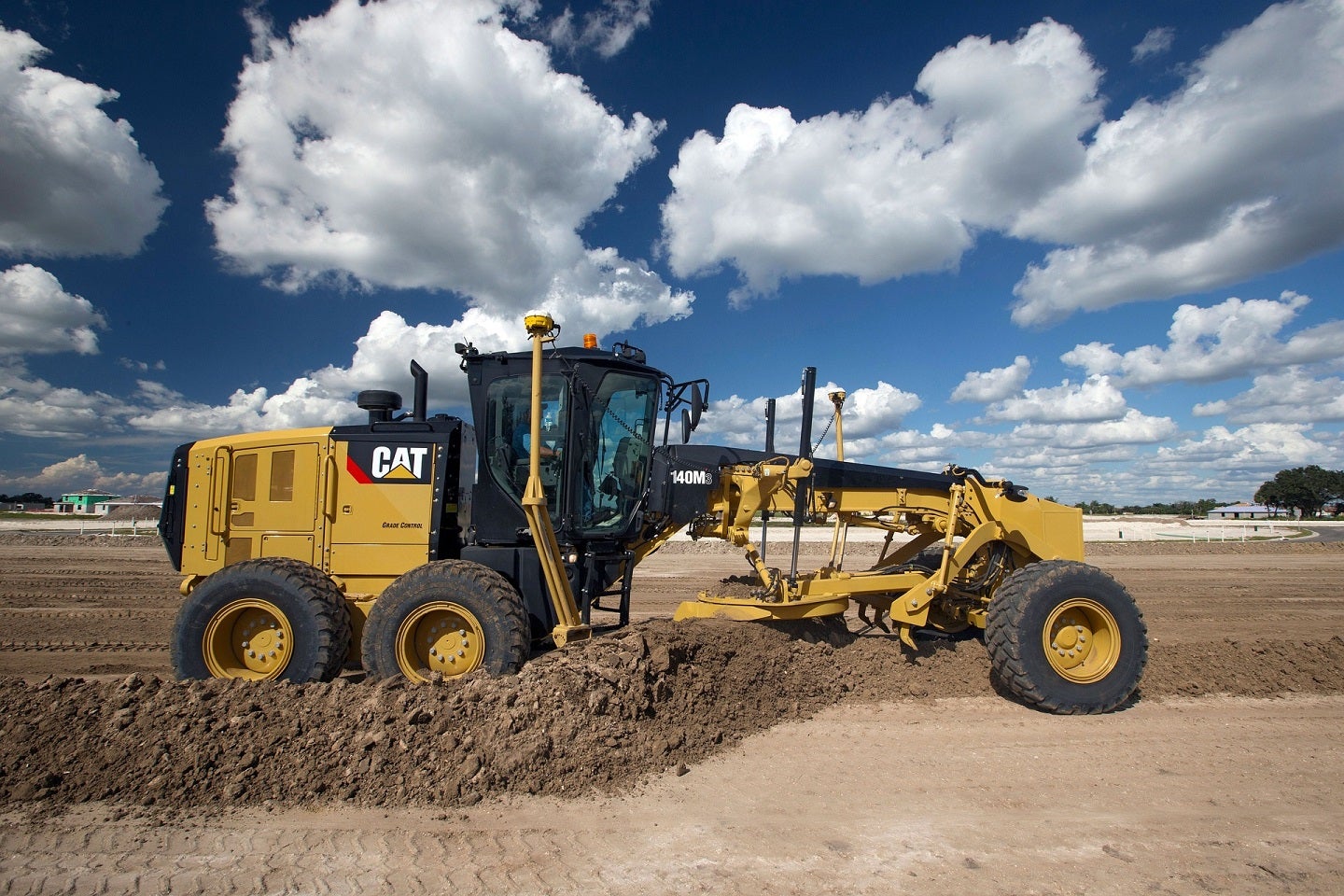It may not be the biggest EV news of the month, but it’s got to be one of the strongest symbols of the EV transition. One of the most iconic brands in the century-long optimization of automobile engines for sporty driving, with its own tagline being “The Ultimate Driving Machine,” BMW has ended the production of combustion engines in its home country of Germany.
Germany is one of the leading auto production nations in the world. Much of its workforce and economy are dependent on the auto industry. It is the home base of Volkswagen, Audi, BMW, Mercedes-Benz, Opel, Porsche, and more. When the electric transition is so deep in Germany that world-leading BMW ends production of fossil-burning engines there, then we know we are rapidly climbing up the new-tech S-curve.
Of course, we already know that from our monthly sales reports on the country. In October, 17% of new vehicle sales were pure BEV sales, and 24.5% of new vehicle sales were plugin vehicle sales. And that’s after a subsidy change that led to a recent drop in EV market share.
“BMW has ended the production of combustion engines at its main plant in Munich. The long-announced step was taken to make room for the production of electric cars at the Bavarian plant,” electrive reports.
That said … BMW has moved engine production to Austria and the UK, so it’s not like the company has ended that segment of its business just yet. Still, with pressure from unions in Germany to make sure BMW’s auto workers have jobs in the future, it was clever of the company to get out of the engine production business sooner than later in its home country, and to prioritize EV production there instead.
Also, while it’s a big change symbolically, it was announced 3 years ago, in November 2020. (It seems the transition could have been completed sooner.) Also, the German phaseout was planned for earlier this year but got delayed.
“The 1,200 employees who previously worked in engine construction will now be retrained and deployed in other areas in future — either at the Munich plant or at other BMW locations. The Works Council expressly welcomed the decision and multi-million euro investment in 2020 and spoke of a ‘role model for a successfully organised transformation in German industry.’”
Without a doubt, as Luke Tonachel of the NRDC just reported in relation to the US and the UAW’s recent strike, auto industry union workers can see the writing on the wall and don’t want to be left out of the EV transition. Because if they are, they could be left out in the cold altogether.
BMW produces the i4, i5, i7, and iX in Germany. By 2030, one has to think the idea of BMW producing engines in Germany will feel like ancient history, and the company will be manufacturing several more electric vehicle models as well as EV batteries within its borders. For example, BMW’s hot new Neue Klasse electric vehicles will be produced in Germany starting in 2026.
Also see: BMW Going With New Batteries For Its Ambitious EV Plans

